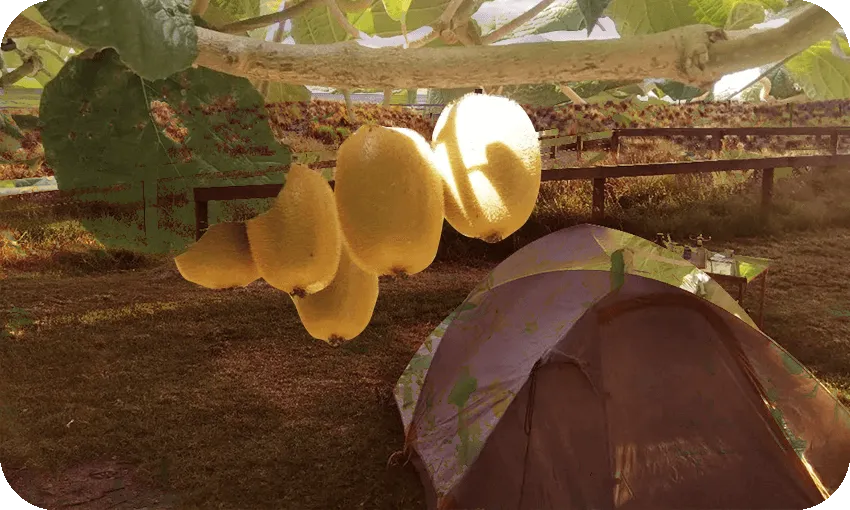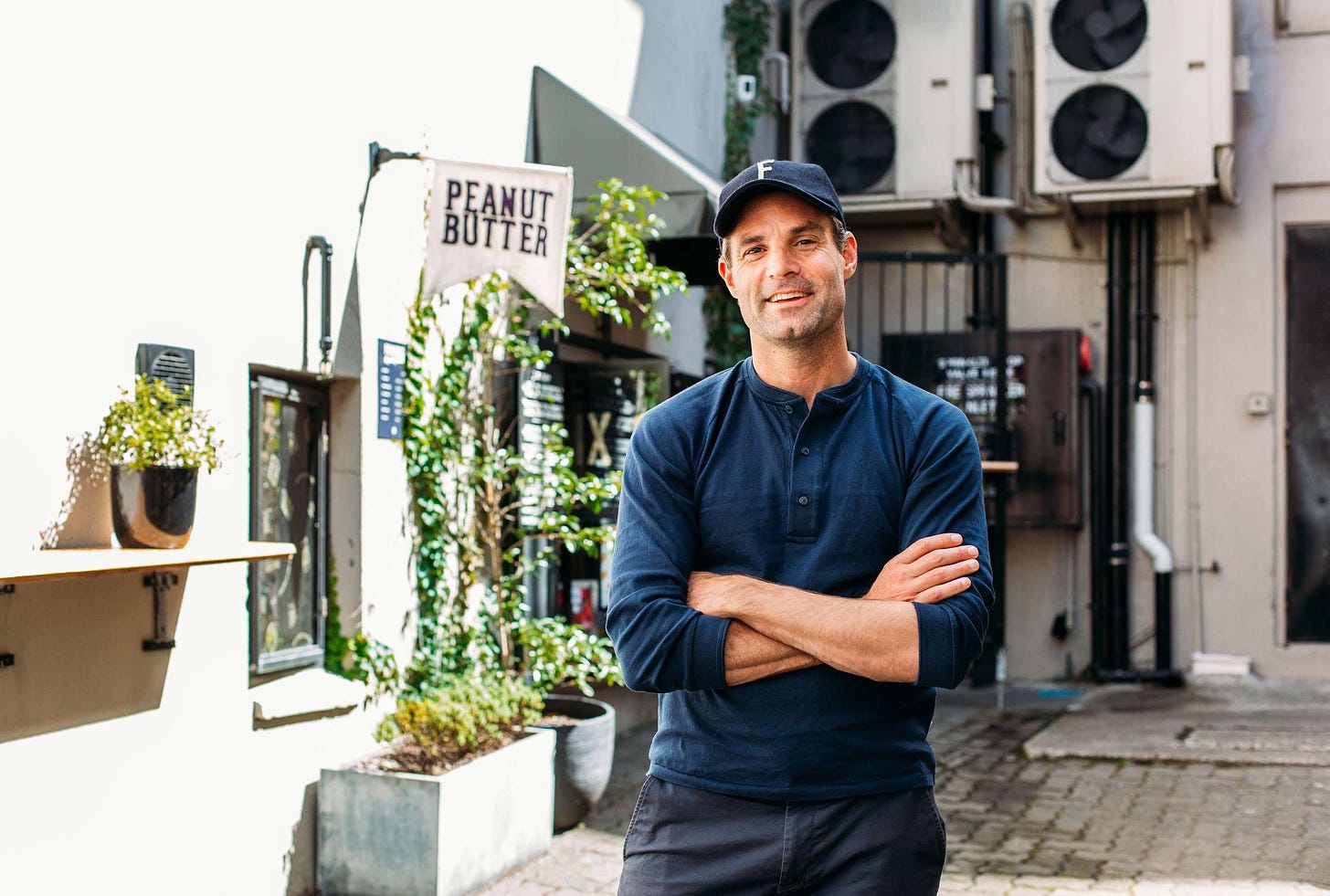Is this a ridiculous way to buy groceries?
Multiple trips to multiple stores in an attempt to make multiple savings. Is this the only way to save on food in Aotearoa in 2022 – or just the new normal?
Kia ora and welcome to Stocktake, in partnership with Kiwibank – it’s July 12. Last week’s column about electric cars became a hot topic of conversation, so thanks to everyone who wrote in. You’re right, I was confused about the government rebate (perhaps because it is confusing) so, to confirm, the maximum you can get is $8,625. The resident car expert (my son, he’s 12) pointed out solid state batteries are coming, offering better range and longer life spans. And Les schooled me on MG’s ZS EV, which has a range of 300 kilometres and costs a touch over $40,000 with the rebate. It’s a car I’d never heard about until now, so I plan to investigate more. The point is, EV tech is moving fast and soon everyone will need to jump on board. The big decision you face is when you decide to do that. This week: groceries.
- Chris Schulz, business editor
The pros and cons of shopping around for food
It’s a mission that takes up much of our weekend. We go to Pak’nSave for the basics – bread, chips, pasta, frozen peas, that kind of thing. Then we go to Countdown to take advantage of any of the specials, and to pick up my son’s favourite brand of tinned spaghetti. We get our meat from Westmere Butchery (their peri peri chicken sausages are legit), and a box of fruit and veges from George’s Garden in West Auckland. We visit Grey Lynn Farmers Market for a tray of free-range eggs, and wholesale food retailer Gilmours is handy for cheaper cheese, nuts and sauces. Often, we also put in a Supie order because the Auckland-wide online delivery service offers the best chicken, bread and bananas at really good prices – plus the bonus that it’s not part of the duopoly.
How was your weekend? What did you get up to? How about those All Blacks, eh? Here’s what I did: I went shopping. For food. Aside from watching the kids’ football games, it’s pretty much all I did. No, I’m not a supermarket junkie. I don’t like them, and I don’t enjoy spending any amount of time in them. It’s an expensive and time-consuming pastime that I’d rather do without. I’d much prefer to go to one place and get it all done together. Some buy their groceries from Amazon. Others turn to food co-ops. But getting my modern-day hunter-gatherer on seems like the only way we can save a few cents on a weekly food bill that, for our family of four, often heads north of our mortgage repayments.
We all know how that happened. The supermarket duopoly (that’s Woolworths’ Countdown, and Foodstuffs’ New World and Pak’nSave) is earning $1 million a day in excess profits, a figure that led to a Commerce Commission investigation, and the government to act on its recommendations. From next year, a watchdog will be in place to oversee the industry, and it will be able to fine supermarkets for misbehaviour. The wholesale market is also being opened up, allowing for more competition in the industry. Things are changing, but slowly.
Meanwhile, my weekly grocery bill is still going up. So, are my multiple trips to multiple stores to make multiple minuscule savings – the 2022 version of those old New World coupon books – really ridiculous? “We encourage people to do that,” says Jon Duffy. I called Consumer NZ’s chief executive to find out if my cost-cutting initiatives were silly, and I’m cheered to find out they’re not. He encourages people to do the same thing to make savings, and to avoid giving money to the big supermarket brands. “The more people that step outside of the duopoly and support other players, the more competitive pressure gets brought onto the supermarkets to offer better prices, to innovate and provide better services,” he says.
But it’s not for everyone. Recently, Duffy wondered if shopping around might offer better deals too. So, as part of a Consumer NZ investigation, two families and a couple were asked to stop shopping at supermarkets for two weeks and use alternatives. The findings? It ended up costing more, even without petrol costs factored in. And yes, it takes way more time. “It requires more planning,” Sarah, a Wellington mother, told Consumer NZ, who found she needed to investigate where the best shops and deals were well in advance. It also required more home storage. “We bought some things in bulk from the vege market because we were there.”
The alternative, though, is sucking it up and buying everything in one place. Duffy agrees that avoiding the duopoly’s supermarkets completely is near impossible. He lives in Wellington and mixes trips with his local supermarket by buying from a separate butcher and greengrocer. “We try to diversify things,” he says. “We do a lot of our own baking. We order online. We might do a My Food Bag every now and then.” He knows he’s in a privileged position to have access to those services, and is able to afford them. “In some rural communities, the local supermarket, that’s it, it’s not even one duopoly or another. It’s a regional monopoly.”
It sounds bleak. It is bleak. Recently, friends visiting from Melbourne remarked about our high supermarket prices and lack of choice. “That is the manifestation of a lack of competition,” says Duffy. Consumer NZ is doing its best to highlight these issues, launching a petition, carrying out investigations. Some days, it’s all Duffy thinks about. It’s all many others are thinking about too. “In economic times like this, when people are struggling to put food on the table, to hear that supermarkets are profiting to that extent … it’s probably pretty galling for people,” he says.
But there’s light at the end of the tunnel. Increased competition is coming, with Costco, and possibly others, entering the market now that wholesale options are opening up. Night ’n Day could soon be a bigger player. Old-school food co-ops are starting up again, offering an alternative to the sterile supermarket shopping experience. “It’s actually great that grassroots alternatives are creeping into the community again,” says Duffy. “It brings people together. We’re getting good healthy food out to whānau. The fabric of the community is growing again.”
But there’s one more thing. Duffy has his own hot shopping tip. Yes, it’s another stop on an already bulging grocery shopping trip, but he makes it sound tempting. “The one to watch is The Warehouse,” he says. The chain store been expanding its grocery range lately, and while you can’t get everything there, sometimes it has some very good deals (like $4 blocks of butter). “They’ve often got the cheapest milk and cheapest cheese around – if you can get it before it sells out,” says Duffy. Another stop? Sigh. I guess my weekends just got a little busier.
From our partners at Kiwibank: Kiwibank is inspired by the modern, diverse, game-changing and passionate Kiwi who give their all. They support New Zealanders contributing to a stronger community and economy and provide smart solutions for business owners wanting to invest in, grow or diversify their operation. This is Kiwi. Find out how you can get ahead with Kiwibank.
The story we’re obsessed with…
Kiwifuit picking. Can you really earn $60 an hour snapping kiwifruit off a vine? To find out, Andrew Gunn made his way down to Pikowai. He discovered it’s possible, but definitely not the norm. Then there’s his accommodation – a tent. “Come 2am the gale starts,” Andrew writes. “My tent begins to prolapse. I spend the rest of the night curling away from the freezing exterior pressing into my spine through the lining. I wake up to find it pissing down. My neighbour’s tarp has collapsed. He’s dragging it through the mud back to his van in a completely sodden hoody … We have four days without work while the storm passes, and my pay comes through a day late.” If you were thinking about packing in your day job to chase the dollars, you might want to read this first.
A chat with Fix & Fogg’s Roman Jewell
He was nice enough to offer two Stocktake readers the chance to win a year’s supply of Fix & Fogg nut butters, so we thought the least we could do in return is have a quick chat with CEO and co-founder Roman Jewell.
What's happening with Fix & Fogg right now? How's business?
Where do I begin?! The last 12 months have been massive for Fix & Fogg, especially with our expansion into the US market and the continued support we receive here in New Zealand. In 2021, we grew from being in 10 grocery stores in the United States to being in more than 3,500, and it hasn’t slowed down. This year, our focus has been on maintaining our existing relationships, both new and old, and making sure our supply chain can cope with the increase in Fix & Fogg customers. We are also about to undertake a full brand launch in Australia with a leading retailer, which is exciting and has been in the works for more than 18 months.
Has the US launch led to any Americanised flavours being added to the range?
Two of our latest releases, Peanut Butter & Jelly and Cookie Butter, have had a little US influence. There’s a big market over there and they have some specific tastes! As with all of our products, we’ve given them our own Fix & Fogg twist. Our Peanut Butter & Jelly is made with chewy berry pieces, raspberries and crunchy peanut butter – it’s sweet, tart and moreishly delicious. We also added beetroot powder to give the nut butter a unique pink colour. On the other hand, our Cookie Butter was specifically requested by Whole Foods Market. We’re never ones to shy away from a challenge, so we took the opportunity to develop a cookie butter that was gluten free, vegan friendly, non-GMO and palm oil free. It's our first product made without nuts.
Are there any other new recipes you've been trialling lately? What's on the horizon?
Yes – but I can’t tell you just yet. We have a new product we’ll release in a few months that we think may have New Zealanders sitting on the fence. But that’s what we love doing at Fix & Fogg. We’re constantly pushing the boundaries with innovation. I think it’s what sets us apart from other nut butter brands both here and overseas. All I can say is, have a spoon at the ready for our next release. (fixandfogg.com)
The headlines you need to know about…
As rumoured, Elon Musk is attempting to back out of his Twitter takeover. But legal experts told The Guardian he may have to go through with it anyway. It’s going to be fascinating watching this one play out.
Grant Caunter was a big beer boss dog, a craft beer nut who was head-hunted overseas to help Heineken grow overseas markets. Then he gave up alcohol, quit his job, and lost 45kg. He told me what he’s up to now.
If you’re flying around the country, or embarking on your first international trip in a while, you might want to read this (paywalled) New York Times story about what to expect. In a nutshell: lots of delays.
Dementia cases are expected to double by 2050, yet very few New Zealanders have a plan should the time come when they can no longer manage their affairs. Reweti Kohere explains how to get it done.
Heading off to university, or thinking about a career change? How about journalism? Young graduates say there’s never been a better time to become a reporter, with lots of jobs and not enough staff to fill them.
I love a good scam podcast so Persona: The French Deception ticks all the boxes. It’s about Gilbert Chikli, widely considered to be among the greatest con artists of all time. His tricks, and the amount of money involved, are mind-blowing.
Finally, we’ve been toying with…
Chromecast. In just a couple of months, the excellent streaming device Vodafone TV will die. If you’re looking for something to replace it (and don’t own a Playstation 5) the new Chromecast with Google TV may do the trick. It does much the same thing as Vodafone TV, compiling all of your streaming services in one handy package. That means Netflix sits alongside Disney TV+, YouTube and Amazon Prime Video. The downside? There’s no Freeview app, so you can’t watch live broadcast TV. But it’s tiny, voice-activated, streams in 4k and will display your Google photo collection, if that’s what you want to do. (Chromecast, $110) / Chris Schulz











